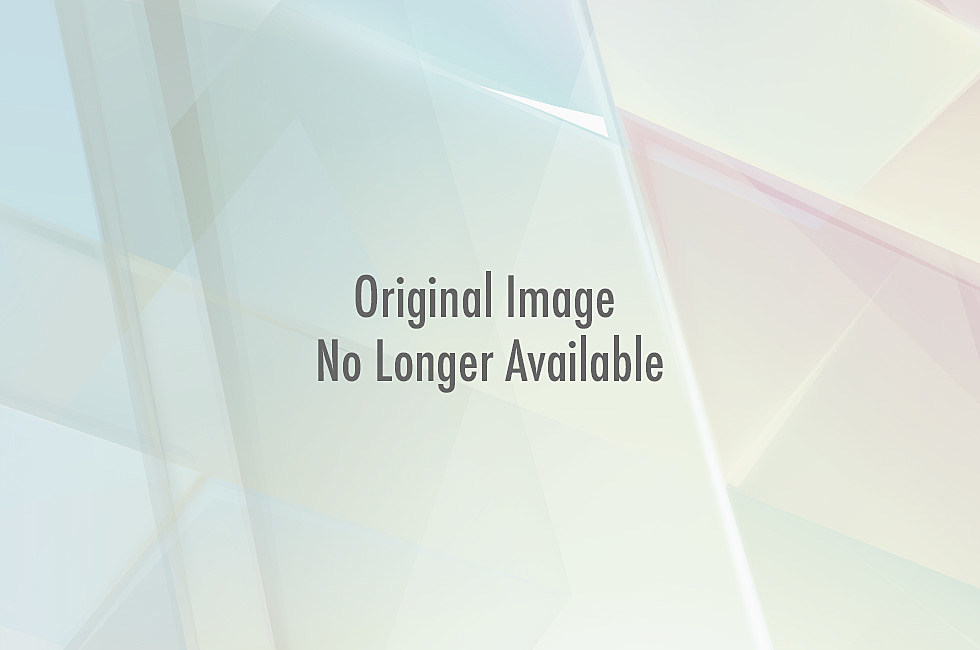i got moved at work so my writing is going to get more secretive and much shorter. i'm like a spy behind enemy lines, squished next to important people, trying to continue doing something remotely movie-related.
amour, a few thoughts:
1. if i'd seen it last year it would've been the best film of '12. small, beautiful, a careful tabulation of death and what we do to get through the grief of it all. this film does not fuck around and when the credits rolled last night, a near-capacity audience sat in silence, awed by the emotion on display. someone tried to clap, and no one picked up the baton.
2. like Sideways was a film made for the forty-five plus set, this is a film made for any and all under the age of 60. it's such a probing, honest depiction of how hard it is to slowly die, i can't recommend it to anyone who's even relatively close to kicking the bucket in fear that it might leave them empty shells unable to move forward with the rest of their grey-haired lives.
3. i have list formulating in my mind called one-shots: great films i'll never see again. this is certainly one of them. a gut-punch in celluloid form, this movie splays you out over the coals before dropping a ten pound anvil on your genitalia. i loved this movie, but will die happily if i never see it again.
4. michael haneke is a genius. get over that. the film opens with front-facing shot of a crowd watching a performance. we the audience watch another audience watch us. it's a trick of the director's, showing us how hard it is to be watched, to have control over our audience, and it works especially well in this setting. we watch the crowd watch us and it drives home the point: this, what you're about to see is something that can, and will happen to you. this could be you in this film, slowly dying or watching someone else you love above all else slowly dying. you are as much the subject as you are the audience. it's terrifying.
5. this is a film built on small things. a hand touch, a problem pouring tea, a pigeon and a blanket. haneke doesn't try to wring drama out of the subject matter, he just lets what might happen, happen and because of this choice, you become a willing voyeur on the end of this couple's life. powerful shit.
if you haven't seen this film yet and aren't going to because someone said it was too sad or that it was depressing or a window on to life, those people are right, and you're a coward for avoiding honest-to-god near perfect filmmaking because of subject matter.
i bow my head in shame towards you.
--
criterion counsel: first podcast being recorded this weekend. i'm still mired in the first twenty minutes of the new film ... sigh ...




